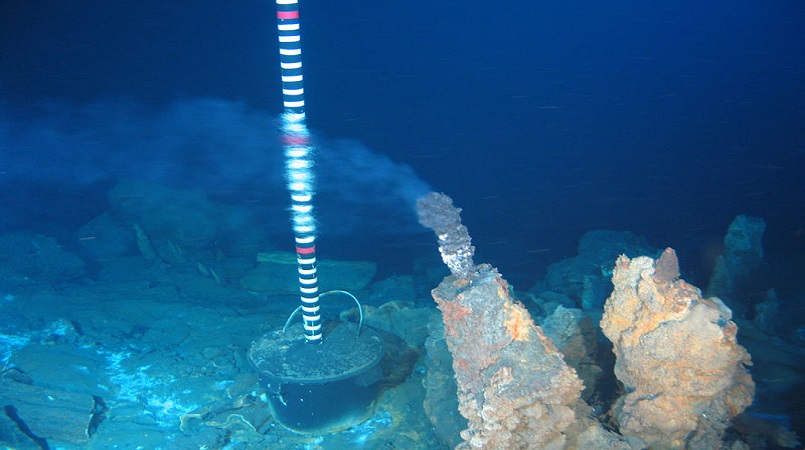
Ensuring proper consultation with indigenous landowners is a key recommendation needed in the Pacific Community’s Regional Legislative and Regulatory Framework on deep sea minerals mining.
An assessment report was launched today calling for greater indigenous and environmental safeguards.
With seabed mining in its preliminary legislative assessment phase in Fiji – the assessment report launched today will hopefully give a better legislative perspective for policy makers.
The report is an independent analysis of the SPC’s Regional Legislative and Regulatory Framework for Deep Sea Minerals Exploration and Exploitation.
The SPC EU funded framework is a model legislation for regional countries to adopt if they wish.
“Because the way the SPC EU framework is written it assumes that these activities will take place out in the deep ocean and that there are no specifically indigenous interest around some of these areas. But we know from experiences in PNG, Vanuatu that even in the Pacific very initial stages of exploration there are impacts been felt by coastal communities around seabed mining exploration,” said Maureen Penjueli, the PANG Coordinator.
The report is specifically designed for communities, civil society actors and those with a key interest to look at the issue of sea bed mining in the region.
“For sea bed mining it is new to Fiji. So just getting some the things that the speaker was talking about was free, prior and informed consent. So we can learn from PNG and other Pacific countries who are facing the side effects of sea bed mining now,” said Ana Weta of the Tikina Namosi Landowners Committee.
Governor of the Oro Province in Papua new Guinea, Gary Juffa says it’s one thing having the legal framework and another easily accessing it.
“The indigenous people are increasingly attacked by the corporate interest that have all the wealth, all the resources, power and lawyers. The indigenous people don’t have access to that. A poor village person; his clan or tribe they don’t have the money to be able to secure the services of the lawyer,” he said.
The report is a joint effort by the international law firm Blue Ocean Law and regional non-governmental organisation, Pacific Network on Globalisation.
“Our next project would be to examine this general international law principles and tailor it to country by country. The only way to have a really strong sense after this general regional framework is to actually evaluate every country’s proposed Deep Sea Mining legislation and regulations on a case by case basis,” said Blue Ocean Law attorney, Julian Aguon.
And stakeholders are calling on government to adapt this crucial report on deep sea minerals exploration and exploitation.
With seabed mining still new in Fiji – stakeholders are adamant the report’s recommendations would be critical in protecting indigenous landowners and the environment.
“We understand that the Fijian government is currently consulting on its national legislation around mining which includes seabed mining. So this gives both not just communities in Fiji particularly the Lau area but also the state and state owned institutions some time to reflect on some of these critical analysis of this particular report,” added Penjueli.
“I think Fiji the laws are far more easily accessible by people who have interest, concerns as they are in PNG. PNG its costly. Secondly to try and take up anything you can get violent protest from state entities and the police. But in Fiji the lessons I hear that elected officials they are elected for the fundamental purpose of protecting the interest of their people. That is why they are there to do. Not to be puppets of corporate regimes which is whats happening around the world, in PNG. It may happen here too if you are not careful,” said Juffa.
